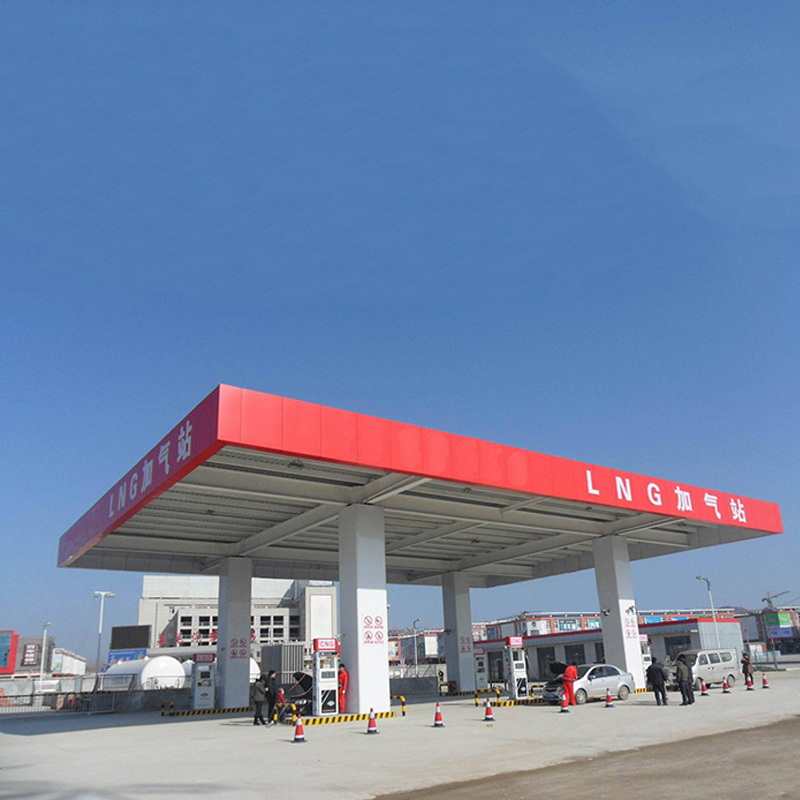
Aug . 05, 2024 20:57
Back to list
Exploring Advanced Metering Technologies for Efficient Energy Management and Consumption Monitoring Solutions
Metering Systems An Overview
Metering systems play a critical role in modern society by enabling the accurate measurement and management of resources. From utilities like water, gas, and electricity to telecommunications and transportation, metering systems provide essential data that helps both providers and consumers optimize usage and ensure fair billing. In this article, we will explore the various types of metering systems, their functionalities, and their impact on efficiency and sustainability.
Types of Metering Systems
There are several types of metering systems, each designed for specific applications. The most common include
1. Electricity Meters These devices measure the consumption of electrical energy in kilowatt-hours (kWh). Smart meters, which have gained popularity in recent years, offer advanced features such as real-time monitoring, remote reading, and the ability to communicate with both the utility provider and the consumer through digital platforms.
2. Water Meters Water metering systems measure the volume of water consumed, typically in gallons or liters. They help in managing water resources, detecting leaks, and promoting conservation efforts. Like electricity meters, smart water meters help consumers monitor their usage and receive alerts about unusual patterns, potentially indicating leaks or excessive consumption.
3. Gas Meters These meters measure the consumption of natural gas in cubic meters or cubic feet. The development of smart gas meters has enabled better tracking of usage patterns, and they often integrate with home automation systems to optimize energy consumption.
4. Flow Meters Used in various industries, flow meters measure the flow rate of liquids or gases through pipes. They are crucial in processes that require precise control over the flow of materials, such as in chemical manufacturing or water treatment plants.
5. Telecommunications Meters These systems monitor data usage for internet, mobile, and TV services. They help service providers manage network congestion and enable consumers to track their data consumption, making it easier to choose the right service plans.
functionalities
metering systems

The primary functionality of metering systems is to provide accurate and reliable measurements. Accurate data collection is vital for billing, resource management, and policy development. Advanced metering systems, particularly smart meters, offer enhanced functionalities such as
1. Real-Time Monitoring Users can access real-time data on their consumption through dedicated apps or online portals, empowering them to make informed decisions regarding their usage.
3. Data Analytics Metering systems can analyze consumption patterns over time, providing valuable insights into usage trends and identifying areas for improvement.
4. Remote Management Utility providers can remotely monitor systems and detect issues, improving response times during emergencies or outages.
Impact on Efficiency and Sustainability
The implementation of advanced metering systems has significant implications for both efficiency and sustainability. By accurately measuring resource consumption, these systems facilitate better management strategies, helping to reduce waste and optimize resource allocation. For example, with detailed usage data, consumers can identify peak usage times and adjust their habits accordingly, leading to reduced energy bills and lower carbon footprints.
Utilities also benefit from improved operational efficiency, as they can better forecast demand and manage their resources. Additionally, the integration of metering systems with renewable energy sources allows for better tracking of energy generated and consumed, paving the way for a more sustainable energy future.
Conclusion
In conclusion, metering systems are a vital component of modern infrastructure, providing essential data for managing resources efficiently and sustainably. As technology continues to advance, the importance of these systems will likely grow, playing a crucial role in addressing the challenges of resource management and environmental sustainability. By understanding and utilizing metering systems effectively, we can pave the way for a more efficient and responsible future.
Latest news
-
Safety Valve Spring-Loaded Design Overpressure ProtectionNewsJul.25,2025
-
Precision Voltage Regulator AC5 Accuracy Grade PerformanceNewsJul.25,2025
-
Natural Gas Pressure Regulating Skid Industrial Pipeline ApplicationsNewsJul.25,2025
-
Natural Gas Filter Stainless Steel Mesh Element DesignNewsJul.25,2025
-
Gas Pressure Regulator Valve Direct-Acting Spring-Loaded DesignNewsJul.25,2025
-
Decompression Equipment Multi-Stage Heat Exchange System DesignNewsJul.25,2025

